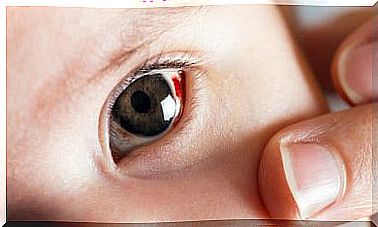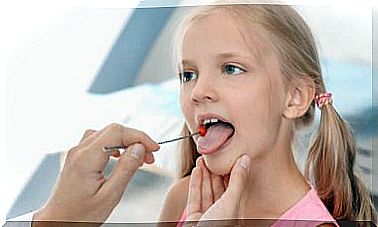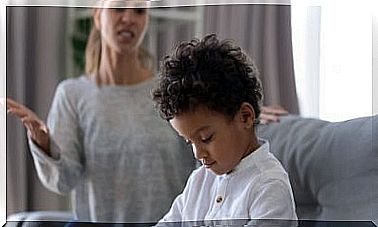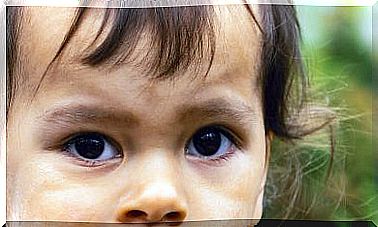How To Achieve Effective Learning?
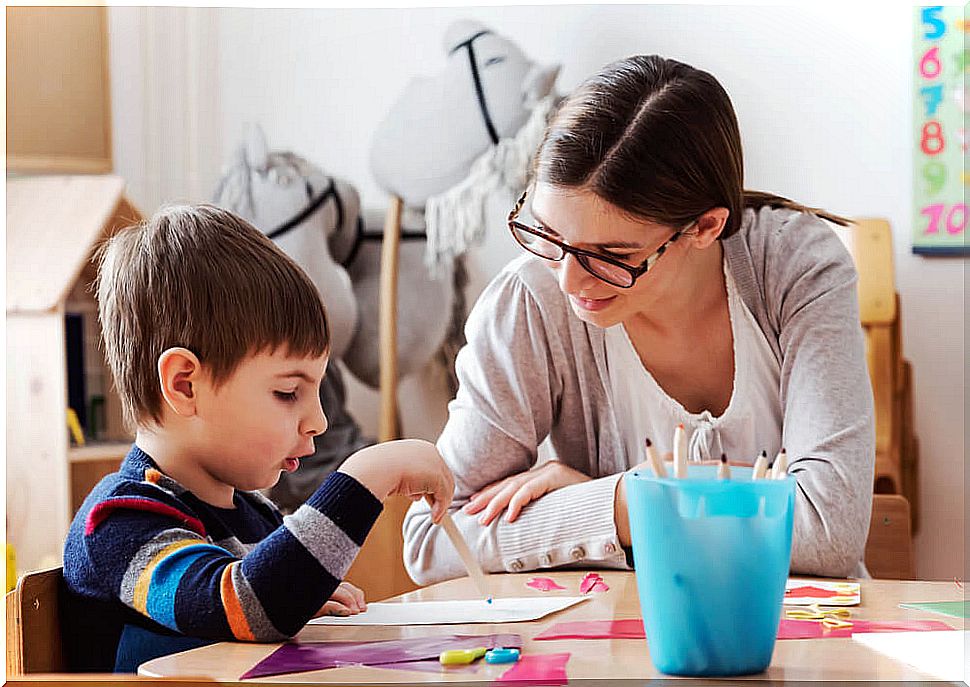
When we speak of effective learning, we are referring to that which allows the child to build his own learning through the meaning of everything that surrounds him. In this way, they will not forget what they learn and will be active and responsible subjects of their knowledge processes throughout their lives. As you can see, it is more important than it might seem at first glance.
How does effective learning occur?
When individuals are exposed to new information, our brain tends to relate it to previous knowledge that we have and that could be useful to better understand this new concept.
These processes form effective learning, since they lead us to create content through experimentation, while we relate it to previous experiences, activating meaning and logic.
What happens later in this interrelation between the new and the old is that they feed back, enrich and even modify. Thanks to this process, we are able to reach our own conclusions and effective learning is achieved.
The understanding of the concepts is total and makes it remain in the memory of the little ones and that they lay the foundations for new, increasingly elaborate learning. They will serve as a framework and context for dealing with a multitude of different situations.
How to achieve effective learning in children
Respect their times
Each child has a different maturation process and it is very important to respect it. Ranges are usually established so that we know the approximate age at which they learn to do one thing or another. However, these are just that, approximations that are derived through a mean. Getting your child out of that stocking doesn’t have to be a problem. The pressure only hinders their natural development.
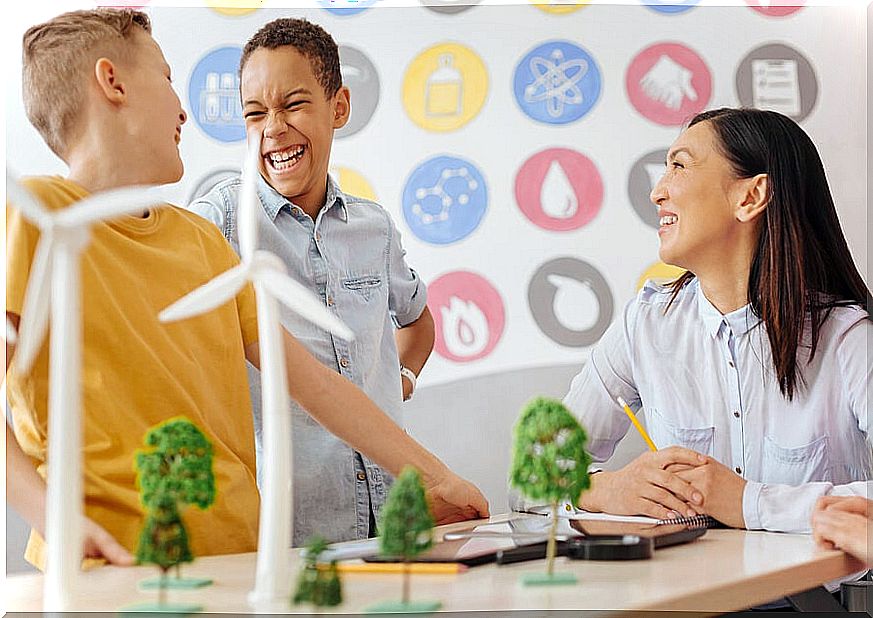
Let him be wrong
Do not constantly correct him, or prevent him from making mistakes to avoid frustration. There is nothing more effective than self-correcting materials, such as those from Montessori, where it is the child himself who realizes that he has made a mistake at some point in the process when he sees that he has not obtained the appropriate result. This makes them reason and learn from their mistakes.
Make him think
One of the key parts of effective learning is helping them reason through questions. Invite them to question life in general, to seek an explanation for everything that surrounds them and that their curiosity never fades. You can do this by asking him questions, sowing little seeds in his head.
Attentive to their motivations
Individuals learn through any situation, and your children even more so. Don’t judge their tastes; all are helpful in fostering effective learning. Superheroes, soccer, video games, stories, dolls… They will only be tools to attract your attention and arouse your interest. If you are passionate about dinosaurs, knowledge of the Earth, the universe, animals … they may be exciting.
You can even encourage the little ones to read with their soccer sticker album, inviting them to read the names of their favorite players. Find what makes them vibrate and pull the string.
Celebrate their achievements
Nothing more motivating than being aware that you are achieving what you set out to do. Sometimes they don’t even realize how much they have learned; others need to validate their knowledge through you.

It is not about constantly applauding each step they take, as this can be counterproductive as we make them addicted to the constant approval of others. It is about showing: “I see that you have done a lot of sums without making a mistake. I congratulate you!” Phrases like this are very positive for them.
The life is a game
For them, the basis of everything is play, that is why learning has to be fun. Propose memory games, fun activities that motivate them and invite them to want to learn something new.
They are capable of learning faster than we imagine, especially if we respect their rhythms, if we encourage their creativity, if they see that we are also constantly learning.




